US, Turkey must end Syria occupation, respect its national sovereignty: FM Mikdad
Syrian Foreign and Expatriates Minister Faisal Mikdad says Damascus opposes any foreign interference in its domestic affairs, urging the United States and Turkey to end their occupation of the Arab country’s territories and their violations of its sovereignty.
Mikdad made the remarks in a meeting with the UN special envoy for Syria, Geir Pedersen, and his accompanying delegation in Damascus on Saturday as the two sides discussed the latest international developments and their repercussions on the situation in the region, official news agency SANA reported.
The Syrian minister said unilateral coercive economic measures imposed by the United States and Western countries on the Syrian people, particularly on the health sector during the coronavirus pandemic, have made it more difficult for the country to battle the deadly disease.
Over the past years, the US has been maintaining an illegal military presence on Syrian soil, collaborating with anti-Damascus militants and stealing the country’s crude oil resources.
It has also slapped rounds of crippling sanctions on Syria, which has been gripped by foreign-backed militancy since March 2011.
Parts of the restrictive measures have been imposed under the so-called Caesar Act, an American piece of legislation that alleges to support the Syrian people by protecting them against the Syrian administration’s way of governance.
The bans target almost all Syrian economic and trade activities, as well as the country’s government officials.
President Bashar al-Assad says the aggression forces have imposed an economic blockade on Syria after their failure in the militarily and security arenas, emphasizing that the country’s people will be able to overcome this stage and achieve the final victory.
In a meeting with the secretary general of the Popular Front for the Liberation of Palestine – General Command (PFLP—GC), Talal Naji, in Damascus on September 4, Assad added that the aggression forces’ economic blockade against the Syrian people aims to strike the popular structure that has withstood throughout the global war on Syria.
Elsewhere in the meeting, Mikdad said all countries should adhere to the international law and the Charter of the United Nations in their international relations and avoid interfering in each others’ domestic affairs or trying to impose foreign agendas against the interest and determination of other nations.
He also expressed his country’s satisfaction with the solutions reached in Syria's southwestern province of Dara’a and the start of returning the normal life to Dara’a al-Balad neighborhood, saying Damascus has been keen on dealing with the situation there through flexible dialogue and not confrontations that harm the innocent people and the infrastructure and has succeeded in doing so.
Thousands of people have started returning to their homes in Dara’a after Takfiri militants left for Turkey-controlled areas in the northern part of the Arab country.
The UN Office for the Coordination of Humanitarian Affairs (OCHA) recently placed the number of internally displaced people in Dara’a province as a result of foreign-backed militancy at 38,600, including almost 15,000 women and over 20,400 children.
On Wednesday, Syrian army units entered Dara’a al-Balad and raised Syria’s national flags there.
Pedersen, for his part, pointed to his attempts on the regional and international levels to improve the situation in Syria and briefed Mikdad on the results of his meetings in the past.
The foreign minister and the UN envoy also stressed the importance of guaranteeing non-intervention in the work of Syria’s constitutional committee.
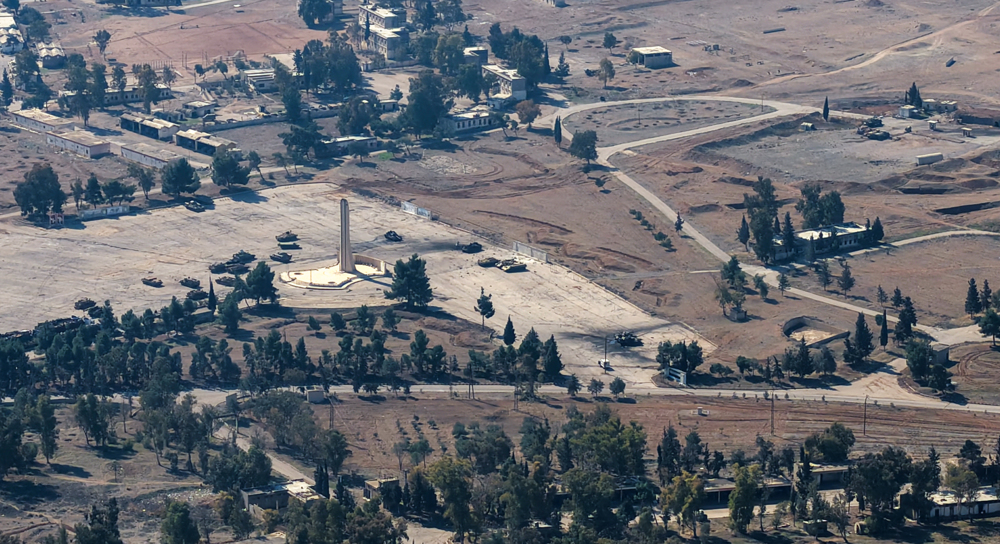
Arab states condemn Israel's new aggression against Syria
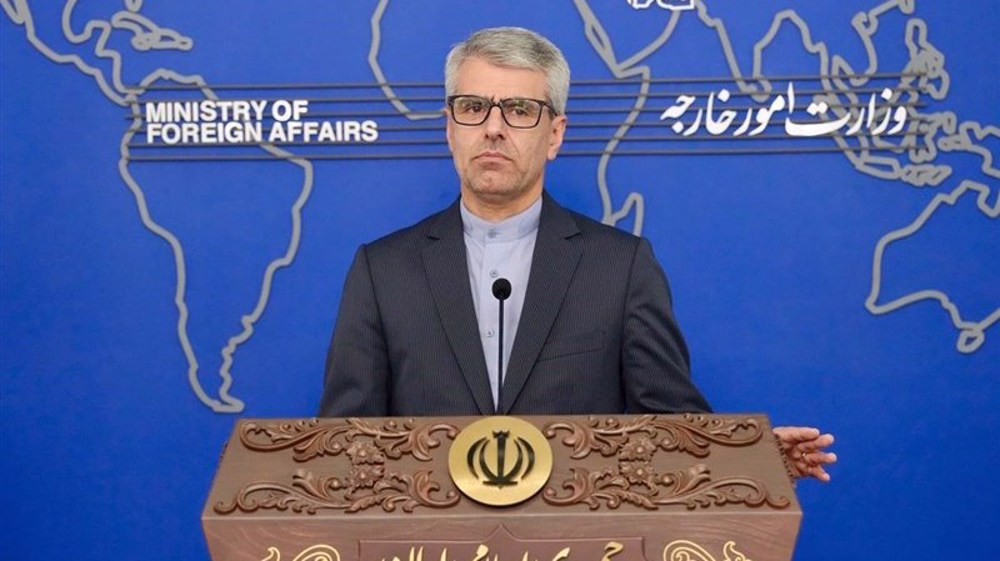
Iran urges swift action to end Israel’s strikes on Syria
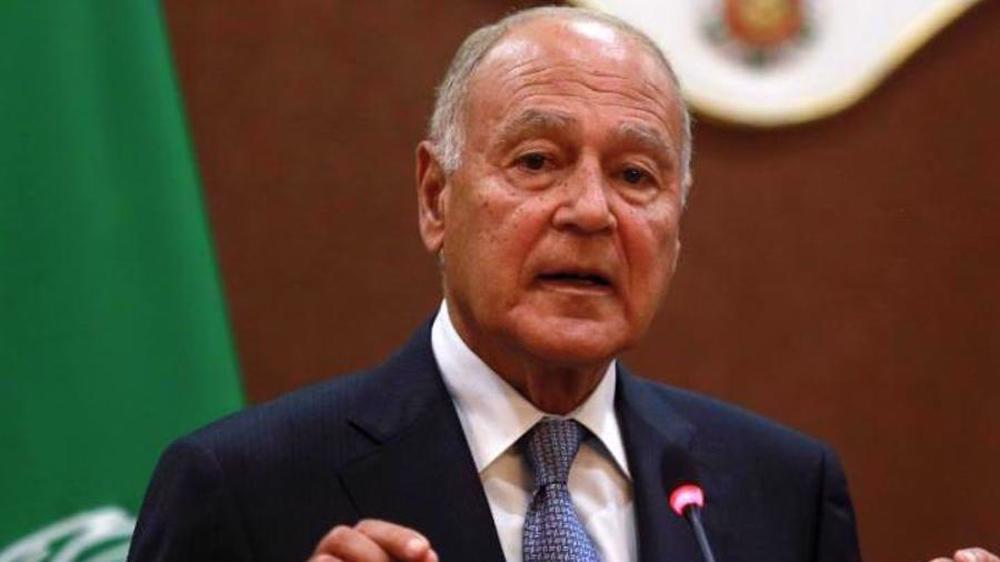
‘Provocative escalation’: Arab League censures Israeli strikes in Syria
Over dozen settlers injured in anti-Israel operation near Haifa
Pezeshkian: Iran open to talks but won’t capitulate to bullies
VIDEO | Iran unveils advanced naval arsenal
VIDEO | Reunion of released Palestinians and their families in Khan Yunis
Kurdish leader Ocalan calls on PKK militants to end war with Turkey
Health leader warns Africa's health services at risk of 'collapse'
VIDEO | Press TV's news headlines
Iranian flotilla makes port call in India with 'friendship message'


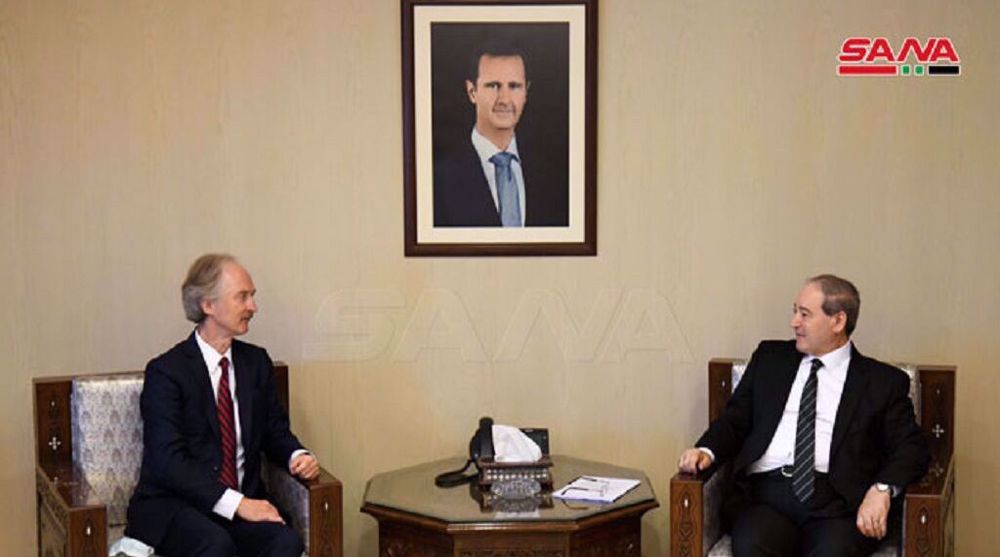
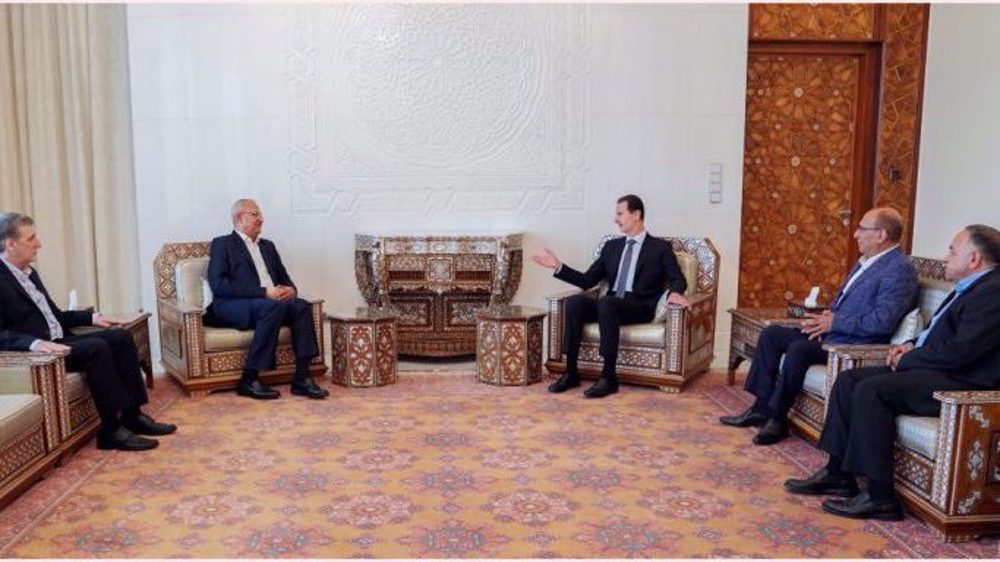
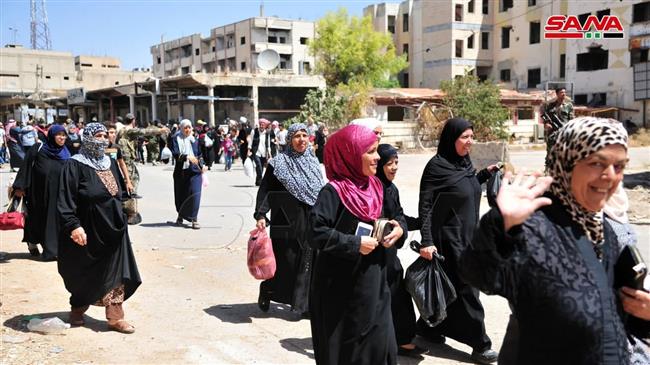




 This makes it easy to access the Press TV website
This makes it easy to access the Press TV website